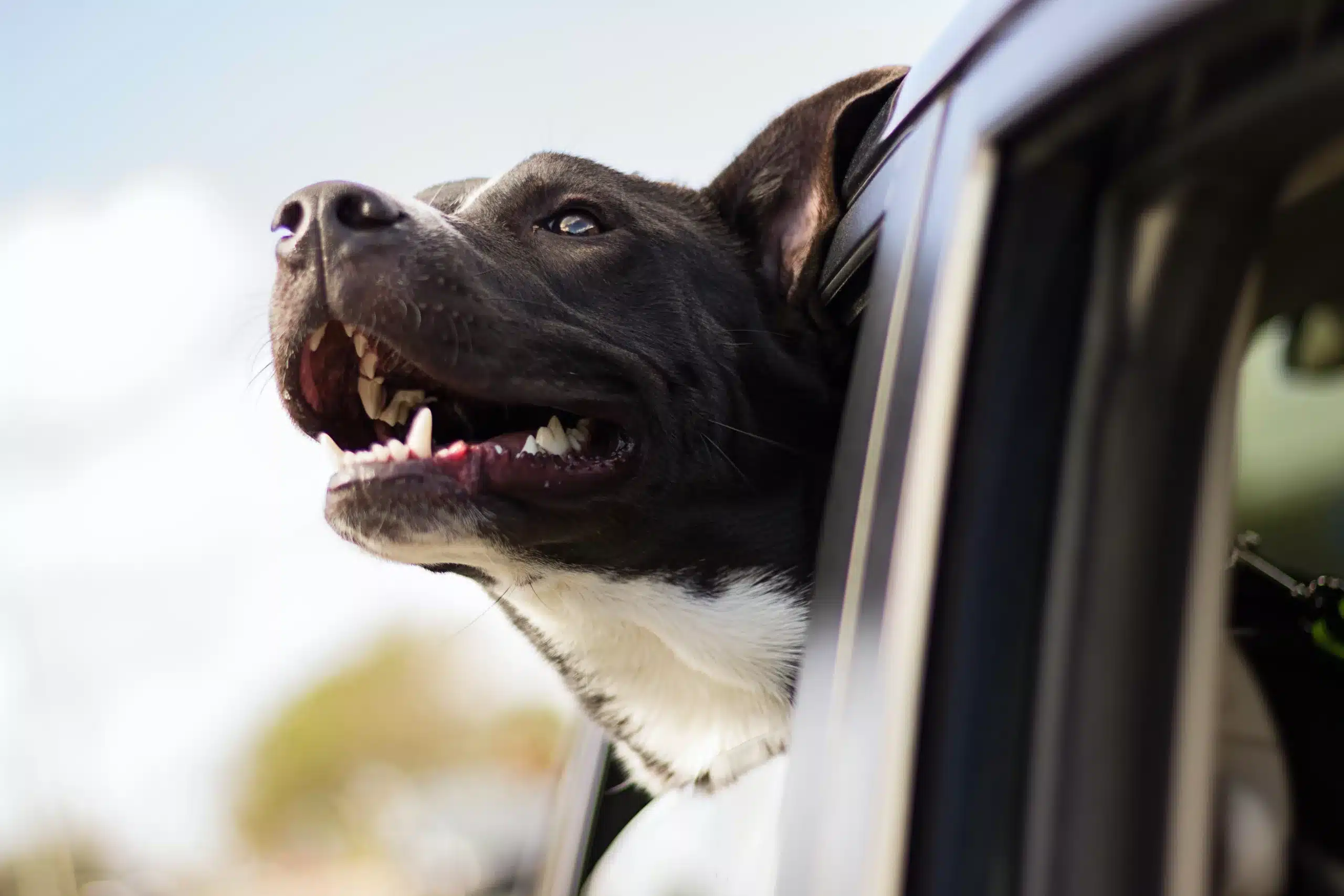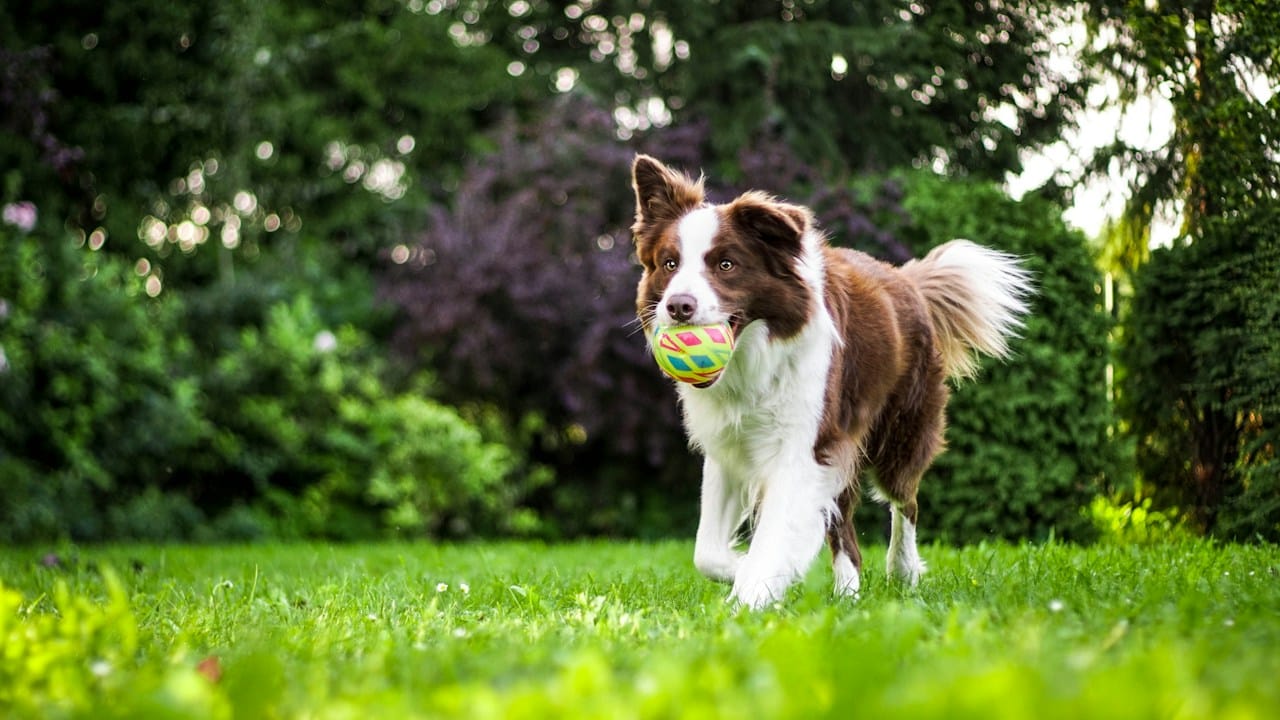How many times do we not see our dog and wonder what he is thinking? Does he remember the attitude you corrected the other day? Or what is all that may be happening inside that little head that, finally, does not vocalize its thoughts and emotions? The truth is that we are not very sure about whether dogs have that amazing capacity that human beings have to mentally travel in time and space, through that powerful and magical thing that we call “memory”.
Do you have a dog, do you want to know more about his psychological nature and would you like to know if he can remember the moments, experiences, and experiences he shares with you and then keep them in his mental safe? Continue reading this Scobydog article, and you will finally know if dogs have memory or not.
Doggy memory
We know that our dog remembers us because, always, when arriving home after a long day at work, or when picking it up after a trip, it welcomes us with affection and emotion, as if expressing joy when we see each other again. But what about the other things, people, or moments in your own life? Well, what happens is that your dog tends to forget them. Yes, it is possible that your dog does not remember that walk on the beach that you treasure as one of the best moments of the relationship and, surely, he does not remember having eaten the delicious and healthy dish that you prepared yesterday.
Our furry companions of course remember and, therefore, we can say that dogs have memory, but their mechanism is different from that of humans. Dogs can remember some things, while others quickly come and go inside their head. According to studies carried out, dogs, unlike humans, do not have a type of memory known as “episodic memory”, which is responsible for absorbing, retaining and sealing the episodes on our hard drive and giving us that so important experiential feeling.
Our canine friends have the kind of associative memory that, as the name suggests, allows them to associate certain things and turn them into a kind of memory. Basically, dogs are 100% coded animals based on habits and repetition. For example, your dog could survive a fall from the balcony at home, but then he will not want to get closer to the place or will have reservations when doing so. He will not do so because he remembers the fatal episode itself, but rather because he has associated the place with pain and fear. The same goes for the leash you used to take him out for a walk. Your dog gets excited every time you take it out (right?), This is because it associates that object with the moment of going out to stretch its legs. The good news is that with love and training all associations can be changed, especially negative ones.
Dogs live in the moment
That’s what the experts say … that dogs work better with a kind of short-term memory than with long-term memory. The memory of the present, and staying there, helps them to develop an immediate action, reaction or behavior, which does not necessarily represent information that must be stored for a long period of time. However, like any other animal, any knowledge that may later be needed to survive could be recorded.
That is why it is important that if you are going to reprimand or teach your dog something, you do it within 10 or 20 seconds after having done the mischief. Otherwise, whether it has been 10 minutes or 3 hours, the dog may not remember and understand why you have scolded him and, therefore, it will be a losing battle. In this sense, rather than reprimanding bad behaviors, from ScobyDog, we advise rewarding good ones because they are easier to identify when doing them. In this way, and since dogs have associative memory, your dog will associate that good act with something positive (a treat, effusive congratulations, etc.), and with all probability, it will end up learning what is right and what is wrong. To know how to carry out this type of training, all about positive reinforcement in dogs.
So do dogs have memory?
Yes, as we discussed in the previous sections, dogs have short-term memory but, above all, they work through associative memory. They learn the rules of coexistence and basic training orders associating them with words and gestures, and they are able to remember us by our body odor and the sound of our voice. In this way, although they can remember people, other animals, objects, or actions through association, dogs do not have long-term memory. As we say, they do not retain past moments or experiences, but rather what they felt to associate a certain place with something they consider positive or negative.


